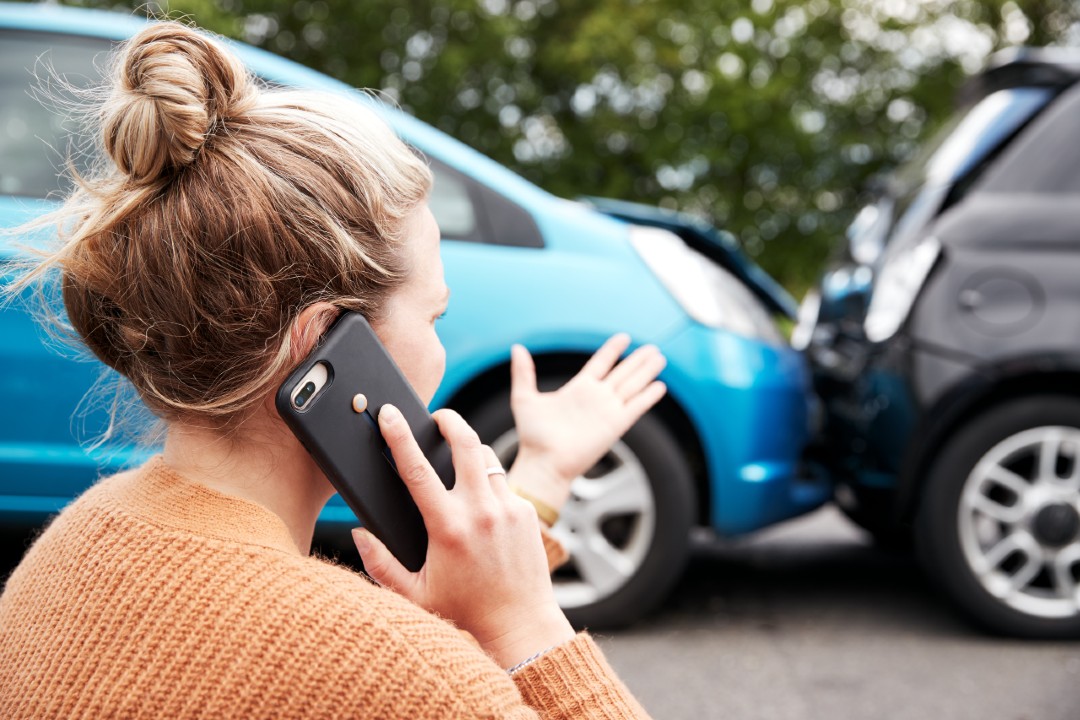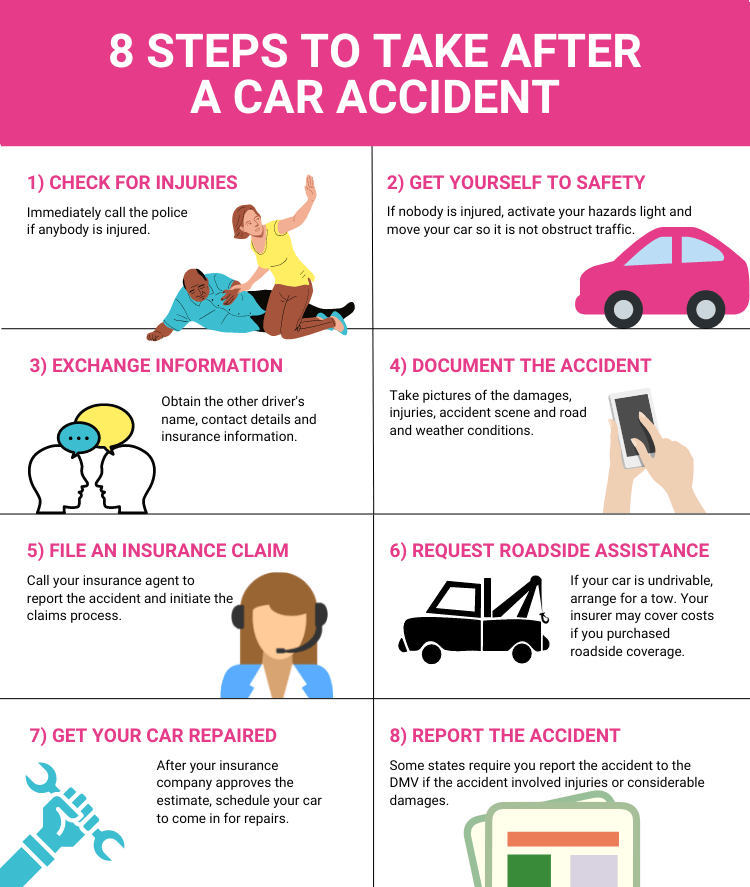

Being involved in an auto accident can be a stressful and overwhelming experience. Whether it’s a minor fender-bender or a more serious collision, knowing how to respond and handle the situation can make a big difference in protecting yourself, your passengers, and your legal and financial well-being. In this blog, we’ll provide a step-by-step guide on what to do immediately after an accident, how to interact with the other parties involved, and what you should do afterward to ensure everything is handled properly.
The first priority in any accident is the safety of everyone involved. Here’s what to do immediately:
In most cases, calling the police is crucial. Here’s why:
Be prepared to provide the police with all relevant details about the accident, including where it happened, how it occurred, and any other details you have.
Once everyone is safe and the police are on their way, exchange the necessary information with the other driver(s):
It’s important to note that you should not admit fault at the scene. Simply exchange information and let the insurance companies and legal authorities determine liability.
Accurate documentation is crucial for insurance claims and legal purposes. Here’s what to document:
The more thorough your documentation, the easier it will be to support your claim with your insurance company or in court if necessary.
As soon as possible after the accident, notify your auto insurance company. Provide them with the details of the incident, including:
Your insurance company will guide you through the claims process and may help arrange for an insurance adjuster to assess the damage to your vehicle.
In some cases, injuries from an accident may not appear immediately. Whiplash, internal injuries, or soft tissue damage can sometimes take hours or days to manifest.
After you’ve reported the accident, follow up with your insurance company to:
In some cases, you may need legal assistance. If there’s a dispute about who is at fault, significant damages, or if anyone involved is injured, consulting with a personal injury attorney can protect your rights and ensure you get fair compensation.

No one wants to experience an auto accident, but being prepared for the worst can help minimize stress and financial repercussions. By following these steps—ensuring safety, calling the police, documenting the accident, and notifying your insurance company—you can navigate the situation with confidence and efficiency. Remember, the more thorough and organized you are, the easier it will be to resolve the aftermath of an accident and protect your interests.
Stay safe on the roads, and remember: handling an accident calmly and correctly is key to ensuring that everything is taken care of properly.

Last Updated: July 16, 2025

Last Updated: July 16, 2025

Last Updated: July 16, 2025

Last Updated: July 14, 2025

Last Updated: January 30, 2026

Last Updated: July 14, 2025

Last Updated: January 30, 2026

Last Updated: July 14, 2025